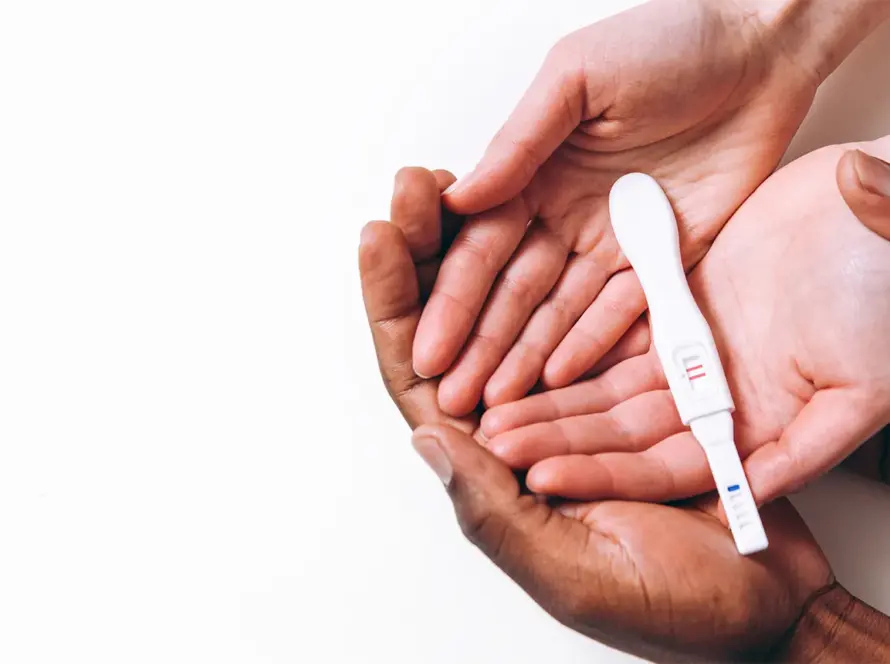The desire to start a family is a deeply personal one, and the journey towards parenthood can be filled with excitement and anticipation. However, for some couples, the path can be unexpectedly challenging. Infertility, the inability to conceive naturally after one year of trying (or six months if the woman is 35 or older), is a growing concern, affecting roughly 1 in 7 couples. Interestingly, research suggests a connection between weight and fertility, with both obesity and being underweight impacting a woman’s ability to conceive.
Weight and the Rise of Infertility
In recent decades, the prevalence of both obesity and underweight individuals has been steadily rising worldwide. This trend coincides with an increase in infertility rates. While the exact reasons are complex, a growing body of evidence suggests a link between weight and a woman’s reproductive health.
Understanding Infertility
Infertility is a medical condition characterized by the inability to achieve pregnancy after a period of regular, unprotected intercourse. It can be caused by various factors affecting either the male or female partner or a combination of both. In women, weight can significantly impact ovulation, the process where an egg is released from the ovary.
How Weight Affects Fertility
So, how exactly does weight impact a woman’s fertility? Here’s a closer look:
- Obesity and Hormonal Imbalances: Excess body fat can disrupt the delicate balance of hormones, including estrogen and insulin. This hormonal imbalance can lead to irregular ovulation or even anovulation (absence of ovulation), making conception difficult. Additionally, polycystic ovary syndrome (PCOS), a common hormonal disorder linked to infertility, is more prevalent in women with obesity.
- Underweight and Nutrient Deficiencies: Being underweight can deprive the body of essential nutrients required for healthy ovulation and egg development. Low body fat can also lead to irregular or absent menstrual periods, further hindering the chances of conception.




